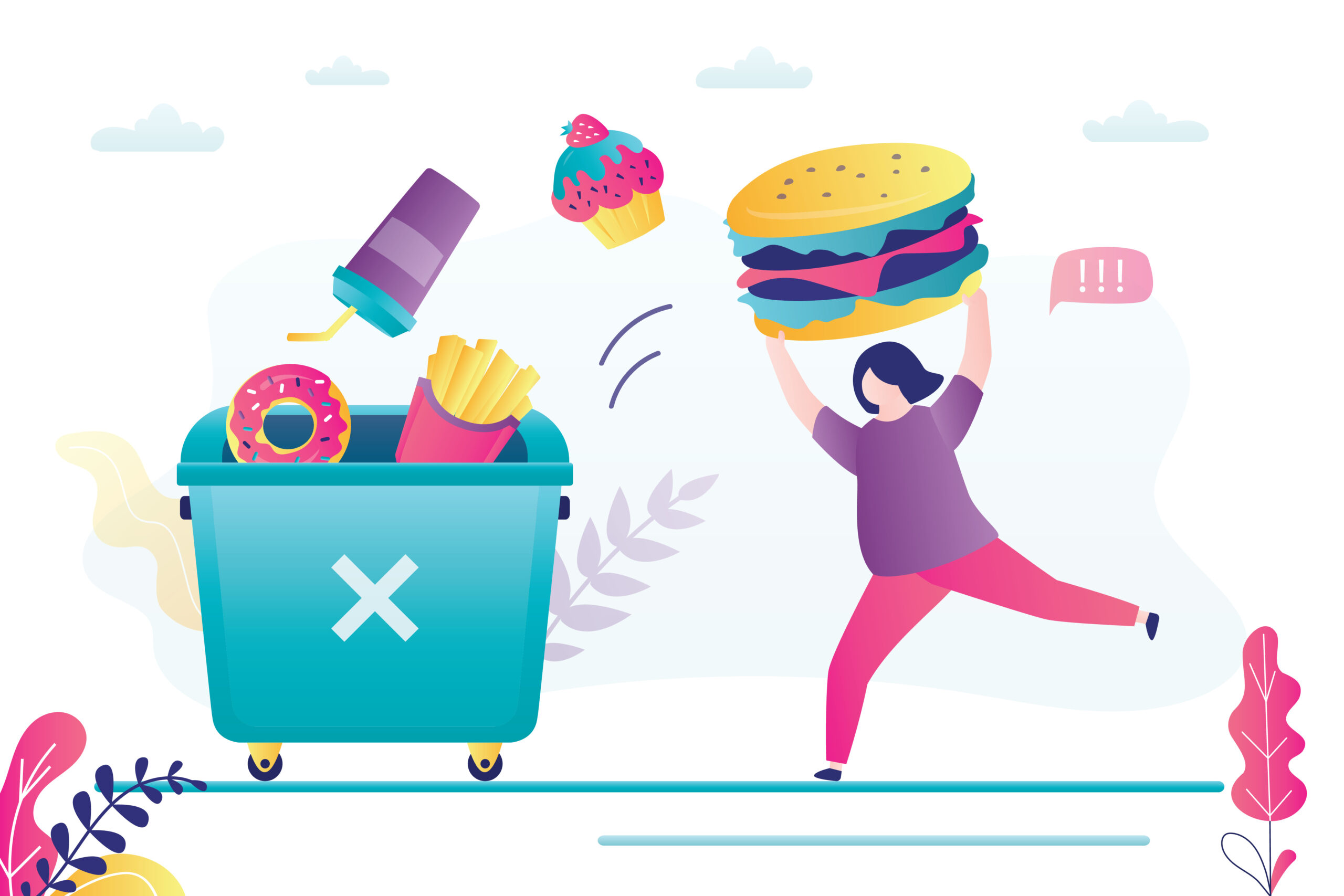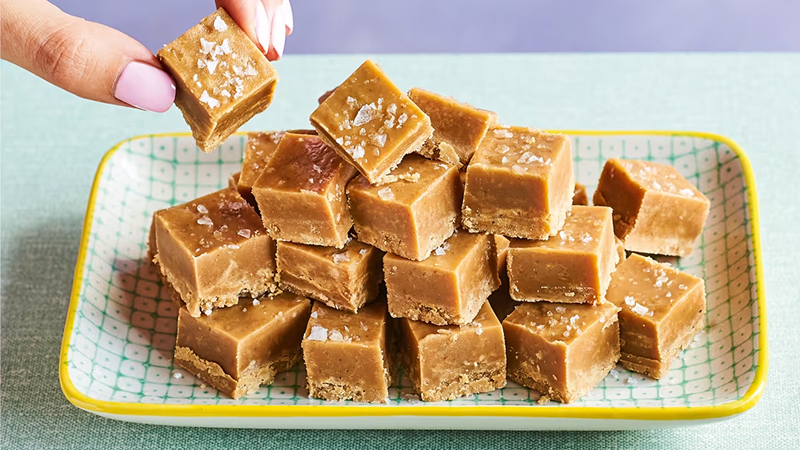There are numerous strategies to improve your eating habits. Here I’ll suggest five. Choose whichever you have the most affinity with, and that fits into your lifestyle. Rather than trying to incorporate all these ideas, pick one to start and possibly expand to using two of the options, only once you have one routine established.
Utilise your strengths
We often label ourselves as not good at something. For example, you might think of your weight as your Achilles heel. You can turn around that thinking by approaching whatever is a challenge for you through the perspective of your strengths. For example, if your signature strength is any of research, organisation, routines, or creativity, then think of improving your eating habits, not as about eating but as a research project, or as a creativity project, as applicable.
Not sure what your strengths are? Think of anything hard you’ve gotten done in the past. What strengths underline the strategies you used? For example, routines could be a strategy that works well for you because organisation is a strength. (You can use this approach with anything you want to change. Identify strategies that work for you in any life domain, and then the strengths that underlie those.)
Think abstractly about how your strengths could apply to improving your eating habits. Example: my strengths include asking for what I want and getting things done in unusual ways. One way I use these strengths in relation to food is that I buy just curry sauce from my favourite Thai restaurant, freeze it, then add my own tofu and vegetables. Real-world example: When I was pregnant and had food aversions, I’d eat the curry sauce just with potato and rice.
Turn it into a project
Where people go wrong with personal change is thinking that the only type of success is lifelong, no-mistakes change. You can reduce this pressure by taking a project approach. For example, a friend is doing a project of eating 30 different foods in a month, and counting any fruit, vegetable, different type of grain, etc.
Mixing point #1 and #2, what type of project would suit your strengths?
Personally, I have low tolerance for boredom, and I like growth, so I’d rather do a new project every month than stick to one routine month after month.
What about you?
Good, better, best
Does ‘ideal you’ eat a salad for lunch every day but ‘current you’ eats a bag of chips? Whenever you have an ideal you’re not meeting, also identify at least two other options that are easier than the ideal, but better than the status quo. For example, homemade Thai curry might be your ideal, buying the sauce and adding tofu and three vegetables might be the next best version, but eating just the sauce, tofu and one vegetable might still be good.
For many of us, the ideal is homemade-from-scratch meals to minimise processed food. Homemade might be great, but what freezer meals are still good?
Find inspo that’s good for your mind
Following fitness and foodie influencers can be toxic, but the basic concept of finding inspiration in others’ habits can be incredibly useful. Don’t be afraid to ask people you know who are well-regulated about how they eat and prepare food. What are their go-to meals? How do they fit cooking and meal prep in around work and after-work activities? You may pick up meal ideas that are both healthy and delicious, or meal-prep ideas for making your shopping or cooking more efficient.
Seek more immediate benefits than living a long healthy life
We’d all like to have a sharp mind and an agile body at 100, but that might not be the motivation that helps you eat a better dinner today. What more immediate motivations could be more powerful in the short-term for you?
For example, modelling good habits for your children, having the energy for a workout, or getting dinner prepped without too much fuss so you can read a chapter of the romance novel you’re excited about, without falling asleep after two paragraphs. Smaller, more immediate motivators can lead to better short-term decision-making than larger but farther away motivators.
When junk food is abundant and engineered to encourage overconsumption, other choices and habits can be challenging. Approach that challenge through the perspective of your strengths, get inspiration from your most well-regulated friends, and utilise personalised motivations beyond getting into your skinny jeans.





